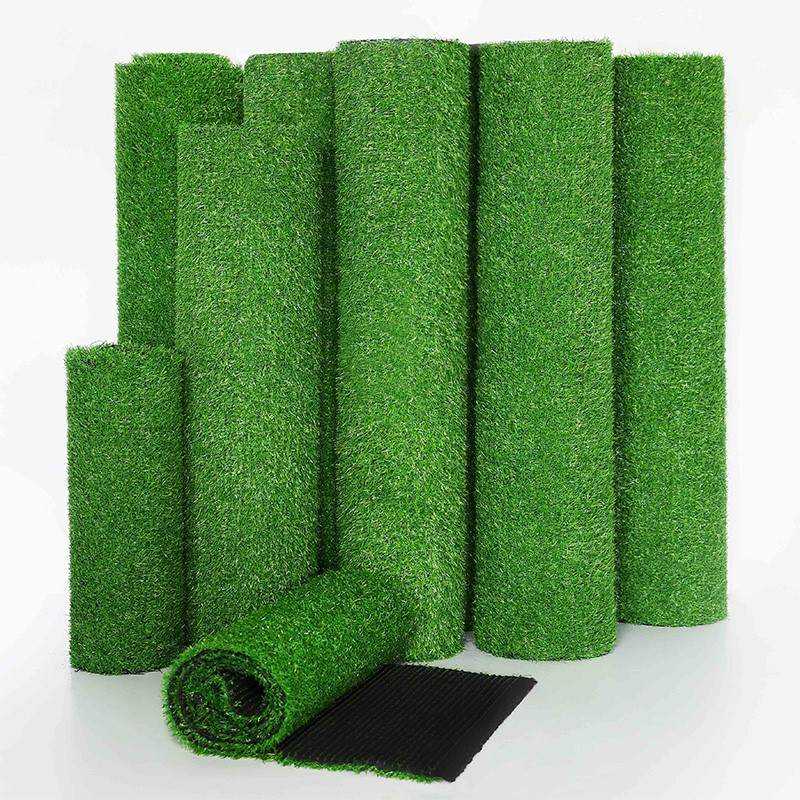
Artificial turf, a popular alternative to natural grass, has witnessed significant advancements in recent years, particularly in the realm of environmental safety. The emergence of PFAS-free artificial turf represents a pivotal stride toward ensuring a safer and more eco-friendly sporting and landscaping solution.
1. **Understanding PFAS and Environmental Concerns:**
Per- and polyfluoroalkyl substances (PFAS) are a group of synthetic chemicals that have raised environmental and health concerns due to their persistence and potential adverse effects. Their presence in artificial turf has prompted a quest for safer alternatives.
2. **PFAS-Free Innovation in Artificial Turf:**
Manufacturers are increasingly focusing on developing PFAS-free artificial turf by substituting PFAS-containing materials with safer alternatives. This innovation aims to eliminate the potential risk of PFAS leaching into the environment.
3. **Environmental Benefits of PFAS-Free Turf:**
PFAS-free artificial turf offers environmental advantages by reducing the release of these persistent chemicals into soil and water systems. This contributes to safeguarding ecosystems and biodiversity.
4. **Enhanced Safety for Users:**
The absence of PFAS in artificial turf mitigates potential health risks for individuals, especially athletes and children, who may come into contact with the turf surface during sports or recreational activities.
5. **Long-Term Sustainability Focus:**
Embracing PFAS-free alternatives aligns with a broader commitment to sustainability. Manufacturers and consumers alike are prioritizing eco-friendly solutions that minimize adverse environmental impacts.
6. **Regulatory Shift and Consumer Demand:**
Growing awareness of PFAS-related environmental and health risks has led to regulatory changes and increased consumer demand for PFAS-free products, including artificial turf.
7. **Continued Innovation and Progress:**
Ongoing research and innovation in materials science and turf manufacturing aim to further advance PFAS-free alternatives. This commitment underscores the industry’s dedication to environmental stewardship.
In conclusion, the evolution towards PFAS-free artificial turf marks a significant milestone in the pursuit of environmentally safe and sustainable solutions. This shift not only ensures safer surfaces for users but also contributes to preserving ecosystems and advancing a greener future. The ongoing commitment to innovation in the development of PFAS-free turf exemplifies a collective effort towards environmental responsibility within the turf industry.










